COS News
News

A new report from a group of Northeastern researchers explores across disciplines how biotech can ensure safe, sustainable life beyond Earth.
The key to international space cooperation is developments in biotechnology, Northeastern researchers say
News

The NeuroPRISM lab, led by assistant psychology professor Stephanie Noble, makes tools that pave the way for reliable and reproducible neuroimaging of the brain.
Precise maps of the brain’s deepest corners are made possible through tools developed by these Northeastern researchers
Showing 61 results in Marine Science Center
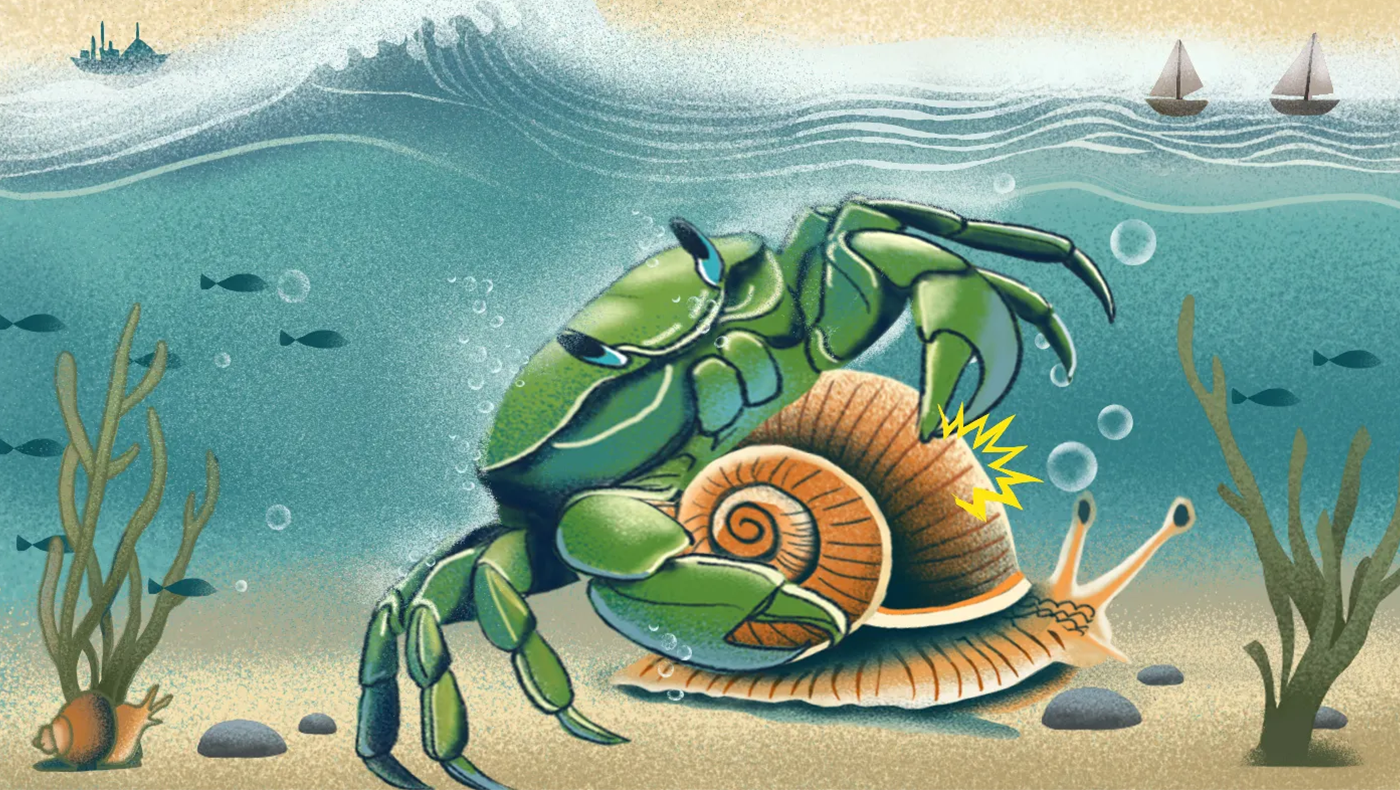
Shells of their former selves: How sea snails have adapted to invasive predators
Geoffrey Trussell, a professor at NU's Marine Science Center, has been studying the evolution of two species of sea snails off the coast of Maine since the 1990's. In short: the snails have grown thicker shells!

Scientists identify rapid evolution in marine species under predator invasion
A groundbreaking study by Geoffrey Trussell and James Corbett at Northeastern University, published in Science Advances, outlines one of the first examples of rapid evolution in a marine system in response to an invasive predator and warming oceans.
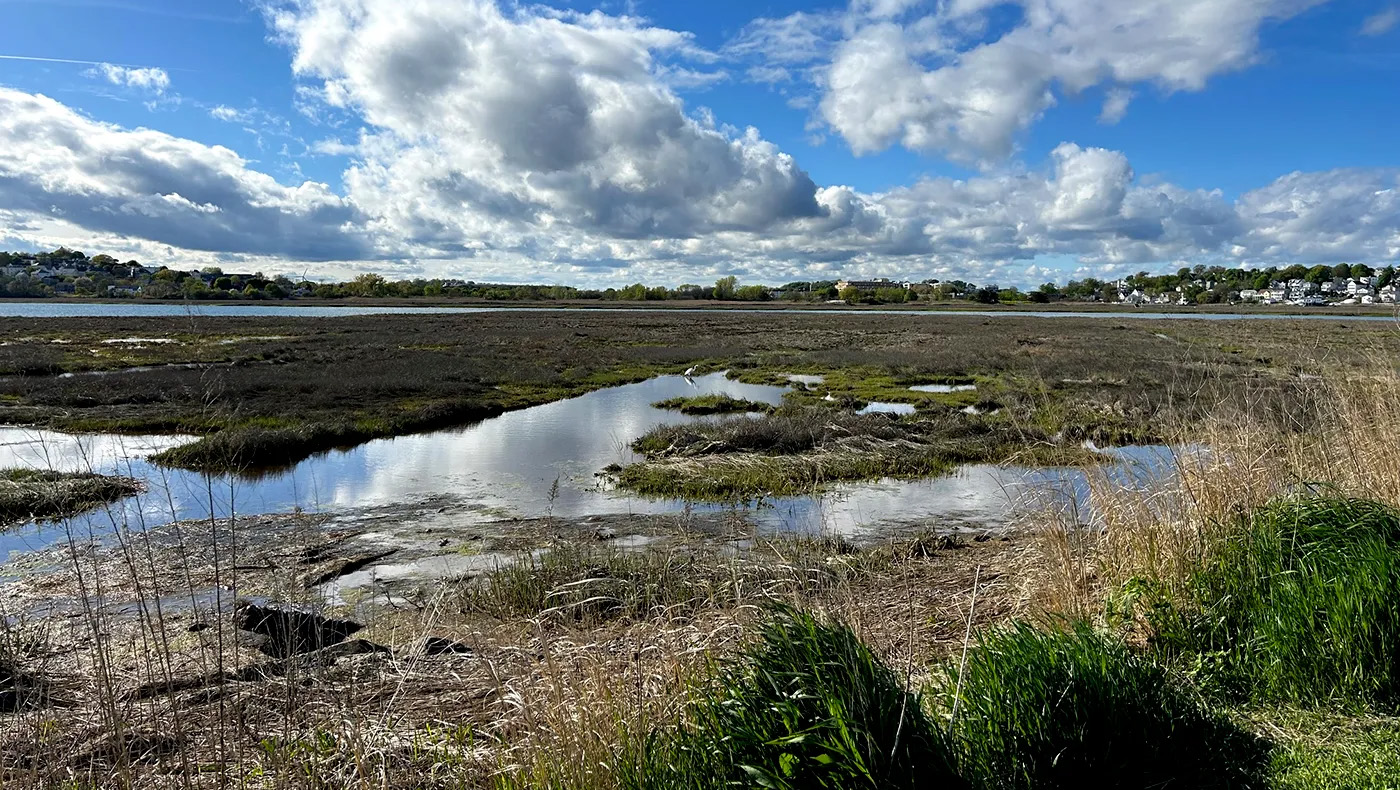
Protective salt marshes along coasts are in danger across the globe but it’s not too late to act, Northeastern researchers say
Salt marshes like Belle Isle in Boston provide vital ecosystem services, but sea-level rise threatens their future without urgent restoration efforts.
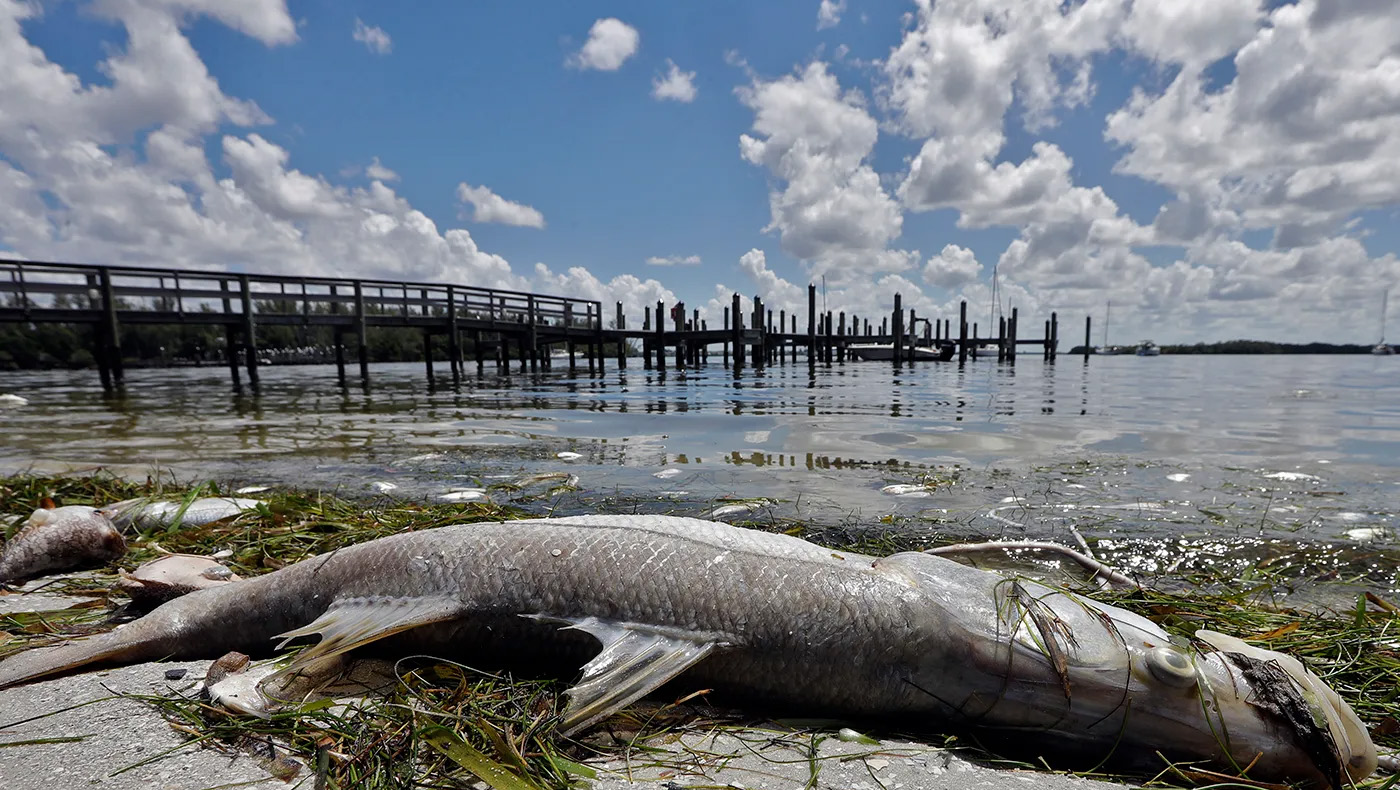
What happens to sea life during hurricanes? Can they move to calmer waters? A marine scientist explains
Some marine animals will escape by going farther out to sea; however, others could perish along the beaches, says Mark Patterson, a professor at Northeastern’s Marine Science Center.

Unexploded ordnances still litter the seafloor worldwide. Northeastern engineers are trying to sniff them out.
Loretta Fernandez and her colleagues have been working on creating passive samplers that would allow them to locate old munitions by detecting degraded compounds in the water.
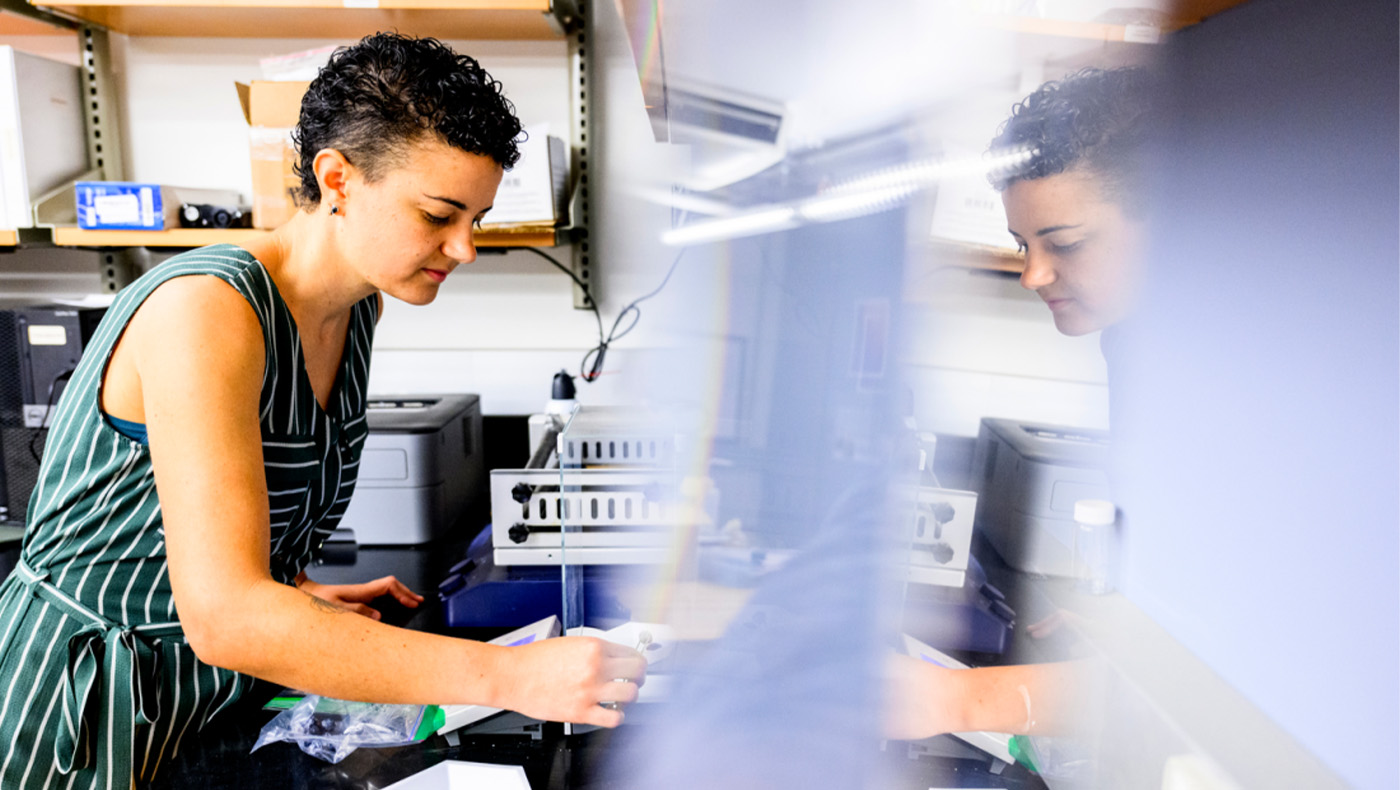
Northeastern research sheds light on low crop yields and their impact on small farms
In recently published research, Gabriela Garcia and her collaborators have developed a framework for how to understand alternate bearing.

They’re living boulders on the ocean floor. Northeastern research explains the mysterious corallith
Mark Patterson, a professor at Northeastern University's Marine Science Center, studied hundreds of coralliths off the coast of the Florida Keys.

Why did Beryl develop into a record-setting hurricane? High ocean temps and other factors are to blame, Northeastern expert says
Jim Chen, a professor of civil and environmental engineering and marine and environmental sciences, expects a lot of strong hurricanes this year that will require preparation to mitigate impact.

Can we make ‘citizen science’ better?
In a paper published this past spring, Northeastern University professor Damon Hall argues that ‘citizen science’ partnerships historically have been unbalanced, with researchers taking more from participating communities than they give back.

From Nahant to the Galápagos: Northeastern Alum Gregory Lewbart’s Journey of Discovery
From a college student at a small liberal arts college in Pennsylvania to a fish veterinarian at North Carolina State University’s Veterinary School, Dr. Greg Lewbart credits his current success to Northeastern University’s Master’s program.
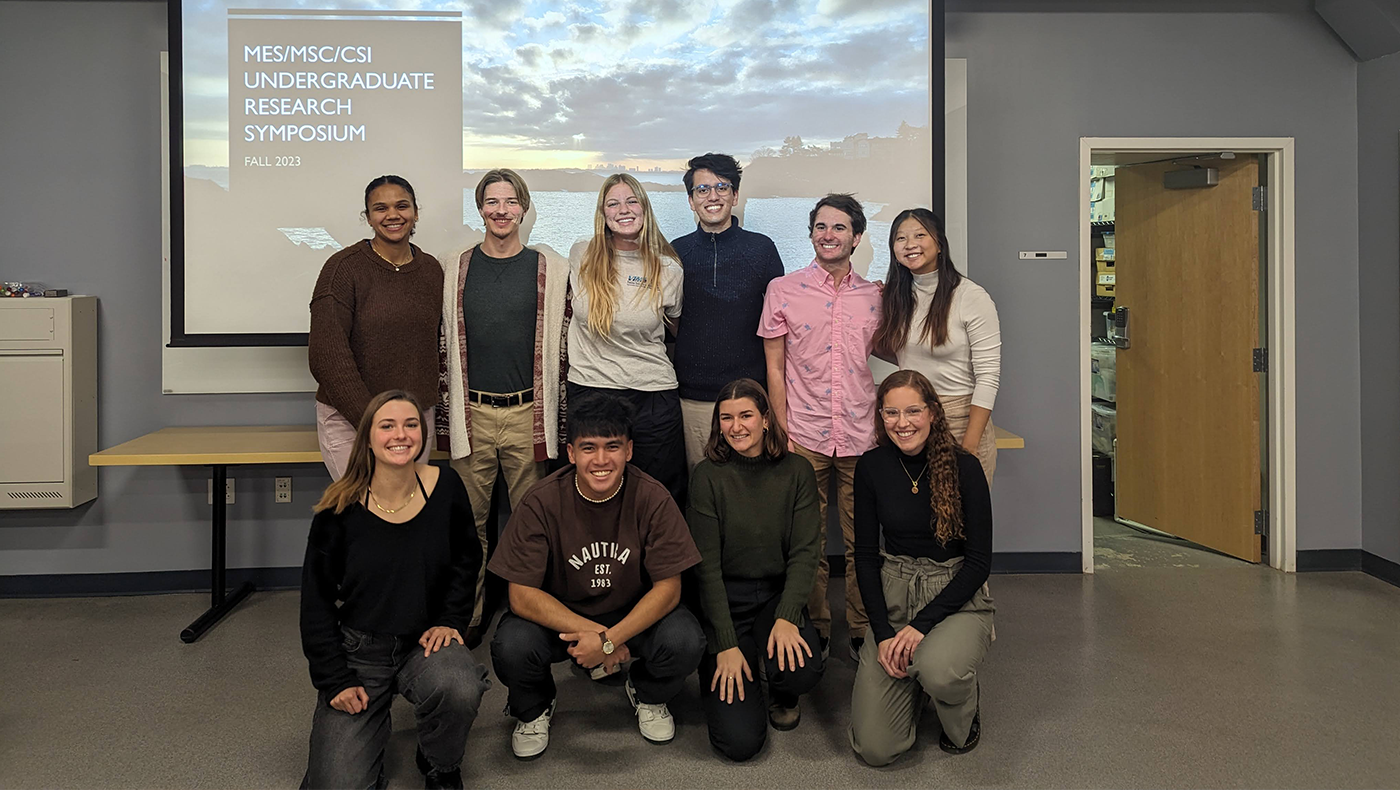
Wrapping up the MES Fall 2023 Undergraduate research experience in style!
Our undergraduate scholars presented their findings while engaging in Q&A dialogue with the audience. Each student provided in-depth analysis of data obtained throughout the course of their research at Northeastern University.
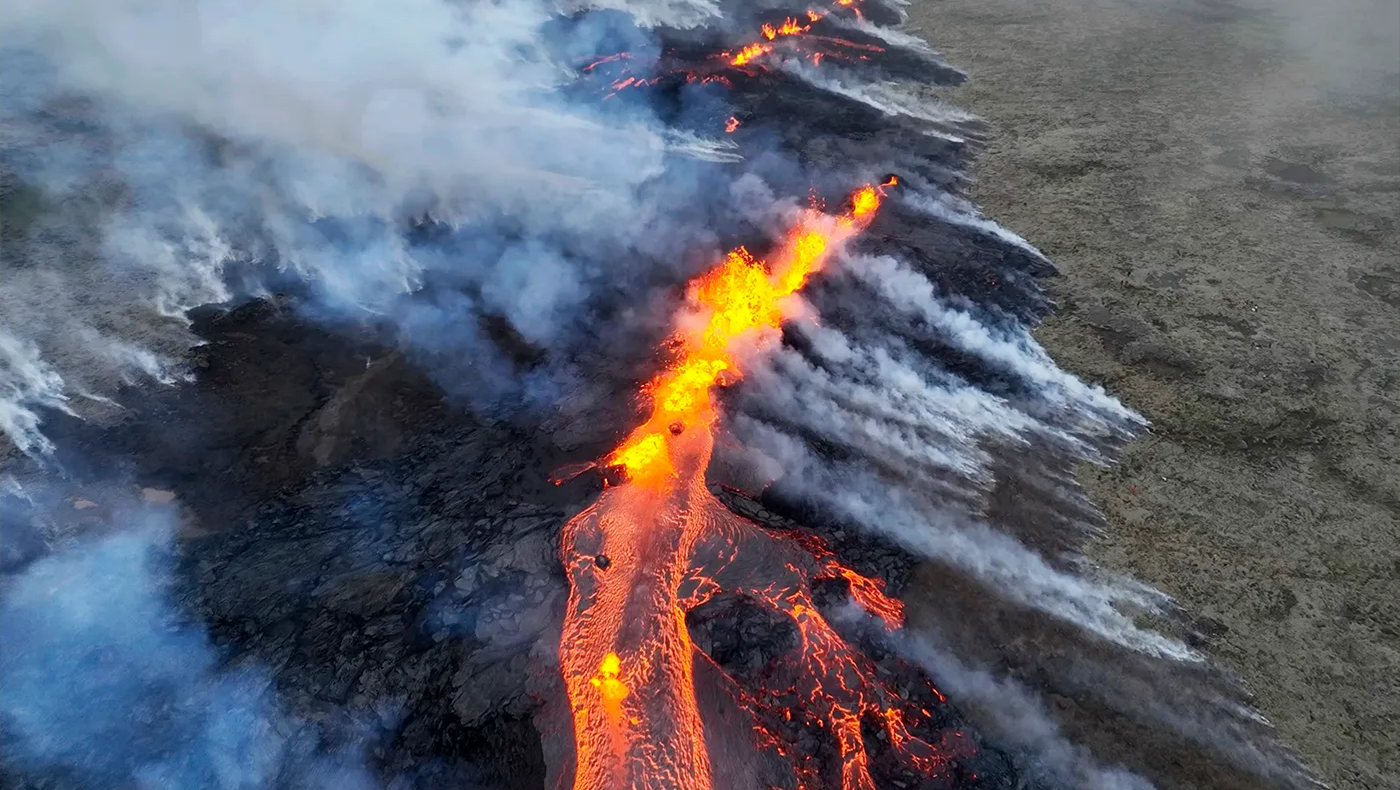
Is a volcano about to erupt in Iceland? Expert explains the telltale signs an eruption might occur
Residents of Grindavik, a fishing town in southwestern Iceland, have evacuated and a state of emergency has been declared, as local authorities say a volcanic eruption may be imminent.